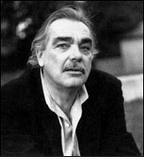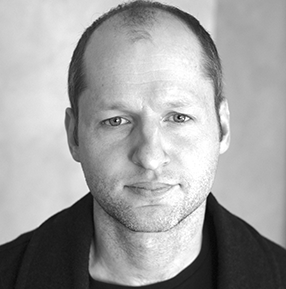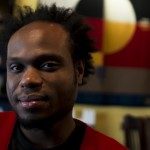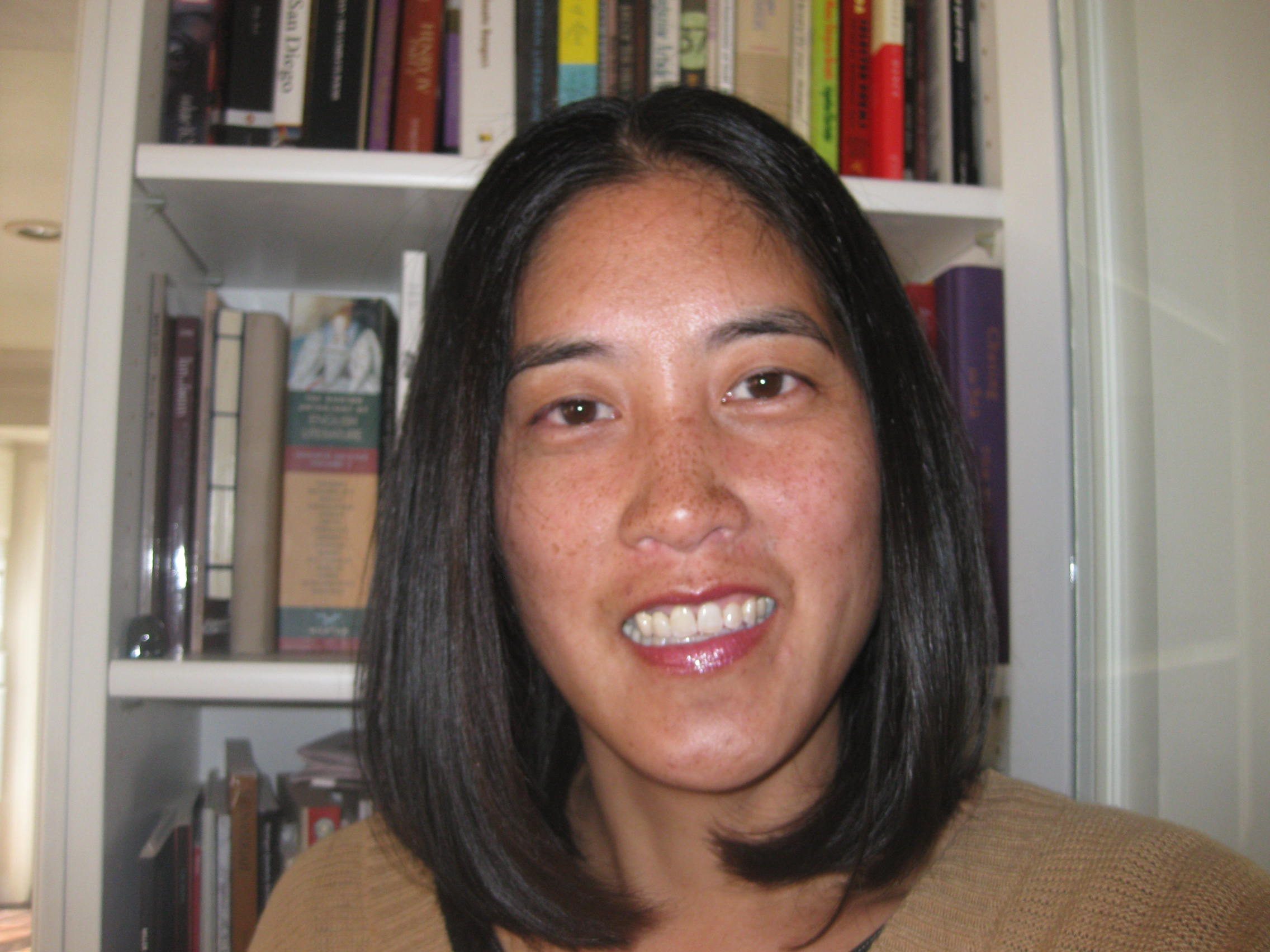 The deadline for the Levis approaches.
The deadline for the Levis approaches.
UPDATE: Applications will now be accepted through Submittable.
The Larry Levis Stipend was established through the generosity of an anonymous donor and named for a beloved member of the MFA Program faculty. The award is given to support a graduate of the Warren Wilson College MFA Program for Writers who is completing his/her first book. The Levis Stipend alternates between awards for poetry and for fiction, and the 2015 award will be made to a poet. The annual stipend is determined by the income produced by the Levis Fund Endowment during the previous year. This year’s amount will be $4000.
Submissions are being accepted until October 15, 2014. Details on the Projects and Scholarships page of the Friends of Writers website.









